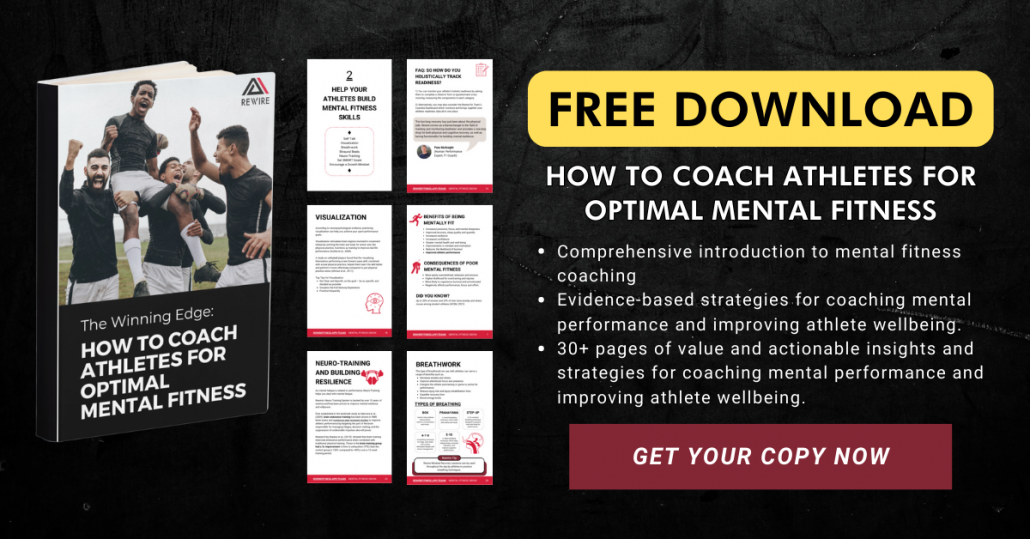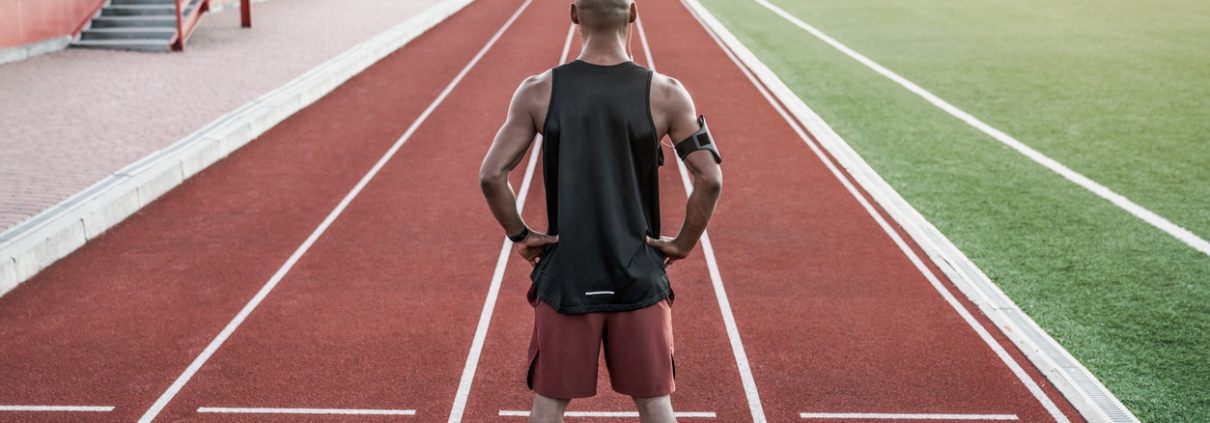How to Create a Mental Training Program for Athletes
Improve your athletes’ mental game and develop a competitive edge by implementing a mental training plan.
Michael Phelps once said, “I think that everything is possible as long as you put your mind to it and you put the work and time into it. I think your mind really controls everything.”
This quote from the Olympic swimmer — and most celebrated Olympian of all time — is a fantastic introduction to mental training and how it can improve confidence and mental strength.
Mental training tools, such as effective goal setting, visualisation, self-talk, and progressive muscle relaxation, can be used to maximise physical and psychological performance.
Some of the very best athletes — Phelps included — used psychological skills training to improve performance. And in this blog post, we’ll explain how you can create a mental skills training program for your athletes to help them stay focused when it matters most.
Please note: I am not a sports psychologist. I am simply relaying the literature in an easy-to-understand way to help you create a mental training program for your athletes.
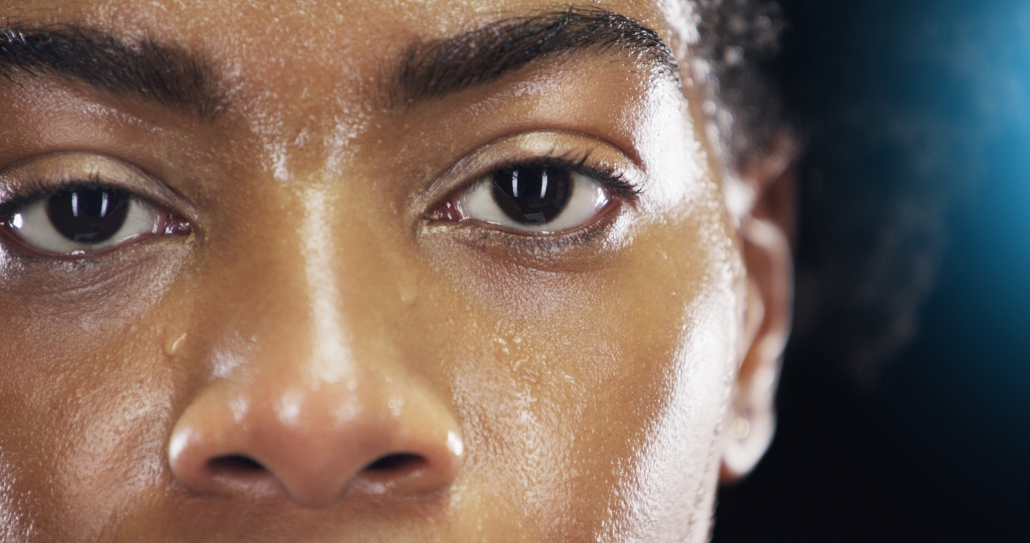
How do athletes train mentally?
Athletes who follow a mental training program usually focus on one skill or psychological strategy a day.
For example, during the week, they might practise a mix of skills to improve their mental game, including self-talk, visualisation, goal setting, and activation.
If an athlete struggles to deal with the intense pressure of competition during a particularly stressful situation (such as a freekick in football), they can visualise this and practise other mental exercises to improve confidence and performance.
While this obviously looks different for every athlete and sport, coaches should create mental training programs to address athlete weaknesses while also honing in on their strengths.
So how do you start?
To begin, coaches should perform a needs assessment with their athletes — this helps identify any potential psychological strengths (and weaknesses), and areas that may be detrimental to performance.
Ask your athletes to note down both physical and psychological skills they think are needed to perform well in their sport.

An example mental training program for a cyclist
Let’s use the example of a cyclist. They might mention skills such as:
- Climbing ability
- Descending ability (and confidence when doing so)
- Core strength
- Power output
- Cornering
- Teamwork
- Getting into an aero position
- Good communication with the team
Once you’ve got these noted down, athletes rate (on a scale of 1 to 10) how good they think they are at each skill.
Also, ask your athletes if they have any strengths or weaknesses in their sport. For example, they may say they are good at climbing, but worse at descending.
If they rate their descending ability a 4, for example, then mental skills can be used to improve their confidence and technique on those descents.
Visualisation can be used to practise choosing the right line, putting the weight over the bike correctly, and braking in advance of the corner. This can help build up confidence without actually being on the bike.
During this needs assessment, it’s important that it’s a collaborative effort between coach and athlete — this makes it more likely that they’ll stick to the program.
For more data, coaches can ask athletes to complete the test of performance questionnaire (TOPS). This will also reveal other psychological strengths and weaknesses in training and competition.
Now with a list of strengths and weaknesses, alongside physical and psychological skills, you can begin collaborating with your athletes to create an effective mental training program.
Decide what mental skills to include in the program
The results from the TOPS questionnaire also show what mental skills the athlete is good at and others which can be improved.
This provides a great foundation for you to combine skills that they have not yet utilised (or are not very good at), and skills that they want to improve in their sport, e.g. descending ability.
Mental skills include [2]:
- Self-talk
- Emotional control
- Goal setting
- Imagery (also called visualisation)
- Activation
- Relaxation
- Negative thinking
- Attentional control
If the imagery and self-talk scores were low (i.e. not used before), then we can add these to a mental training program to focus on those weaker areas such as descending, cornering and getting into an aero position.
The athlete will now be improving mental strength and physical training, applying a new skill to their performance.
You can also use mental skills they have previous practice with (and feel confident using) to complement their training and skill learning.
Be sure to ask the athlete what they want to improve and what mental skills they think would benefit their overall performance. Remember: the process should remain collaborative.
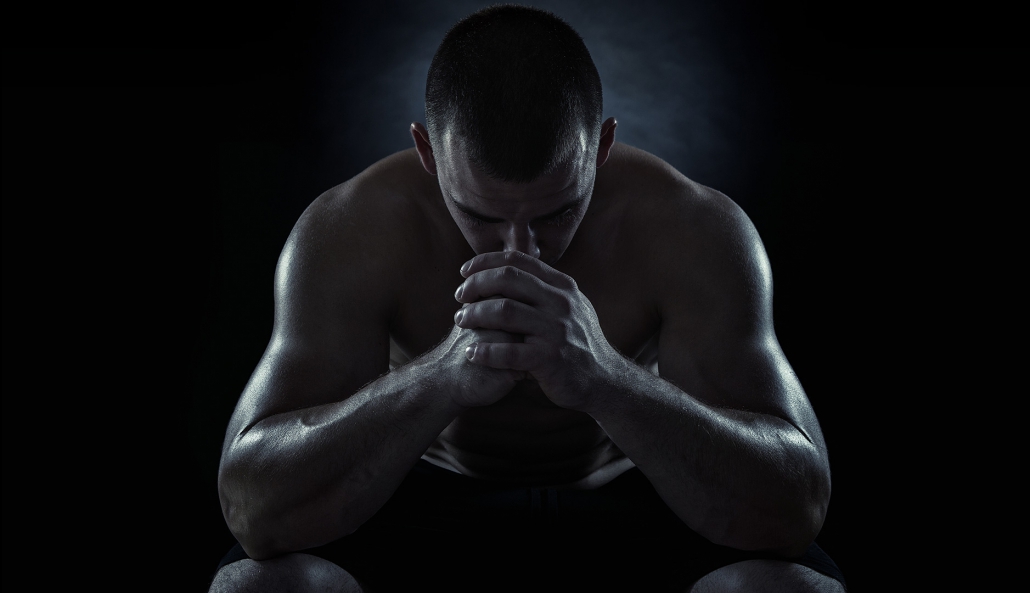
Self-talk
For self-talk, ask athletes to note down any negative self-talk they experience during training, competition, or when practising a skill.
Let’s say, for example, when approaching a descent, they feel scared, out of control, and as if they’re going to run off the road.
You can implement a script to replace negative thoughts with positive self-talk.
Below are some examples of how this cyclist would begin using positive self-talk during training, and, eventually, competition.
| Negative self-talk | Positive self-talk |
| I feel scared when descending | I’m confident at descending |
| I feel like I’m going to run off the road | I’ll choose my line and stick to it |
| I’m worried I’ll grab the brakes in the corner | I’ll break in a straight line before the corner |
Imagery
Imagery, or visualisation is similar to self-talk. And in our example, you could ask your athlete to imagine themselves descending.
What technique are they adopting? Where do they position themselves on the road? How does it feel leading up to the corner? Do they hit the apex? What about exiting the corner — do they accelerate quickly by putting more power on the pedals?
And while you should visualise the successful performance of the skill, it may also be beneficial to imagine what could go wrong, and other ways it could go. However, to begin with, we recommend mastering successful skill performance before exploring other visualisation outcomes.
Relaxation
And finally, let’s say our cyclist feels intense pressure during competition. If this was the case, it might be useful to practise relaxation techniques. This could include focused deep breathing, positive self-talk, progressive muscle relaxation, and other techniques which are good mental training tools to have in your toolkit.

No mental training program will be the same
When designing a mental training program for your athletes, it’s important to know that no two plans should or will be the same.
Athletes have unique strengths and weaknesses, some may have experience with mental skills training, and others might be starting from scratch.
But no matter what level an athlete is playing or competing in, mental training can help them improve physical (and mental) performance [1].
Coaches can use Rewire to build mental fitness
As well as creating a mental training plan for your athletes, coaches can use Rewire for teams to further improve mental fitness and mindset recovery.
Athletes get access to evidence-based protocols from neuroscience and sports psychology, and actively practise self-talk, visualisation, guided breathing exercises, and more.
Coaches can also track athletes’ readiness scores to tailor their physical and mental training for each athlete to maximise performance.
“If you’re just relying on trying to sharpen your mental game while you’re out training, you might not always have the opportunity or you may wear your body down too much. With Rewire, you have a controlled environment and structure so that you can choose when you want to add mental training to your workouts and you can do it as often as you’d like.” – Laura Kline (Elite Ultra Runner & Endurance Athlete)
Find out how Rewire can improve mental fitness for your athletes.
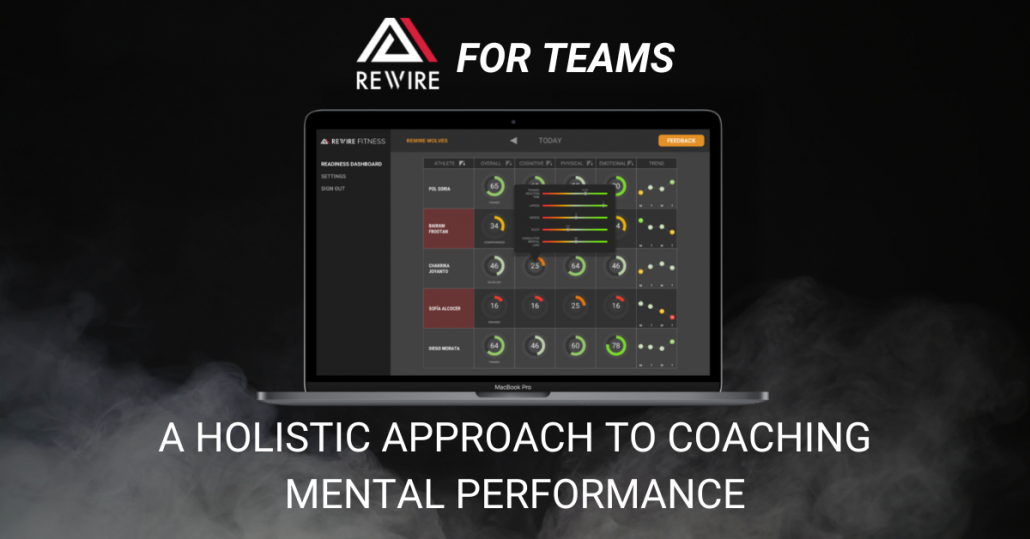
FAQs
What is a mental skills training program?
A mental skills training program contains psychological exercises such as self-talk and visualisation to improve physical skills, whether that’s a free throw or a cycling descent.
How do you train mental training?
To start, begin practising easy-to-implement skills such as positive self-talk and visualisation. Note down areas of your sport you want to improve and use mental skills to optimise physical and mental performance.
How do athletes become better mentally?
The best athletes are highly resilient. Often, this is a result of mental training exercises such as visualisation, self-talk, and effective goal setting. You can do the same to improve your performance.
References:
- Holmes, P.S. and Collins, D.J., 2001. The PETTLEP approach to motor imagery: A functional equivalence model for sport psychologists. Journal of applied sport psychology, 13(1), pp.60-83.
- Röthlin, P., Horvath, S., Trösch, S., Holtforth, M.G. and Birrer, D., 2020. Differential and shared effects of psychological skills training and mindfulness training on performance-relevant psychological factors in sport: a randomized controlled trial. BMC psychology, 8, pp.1-13.
